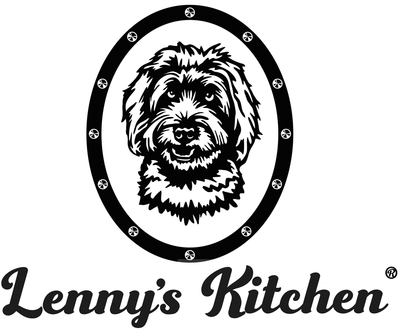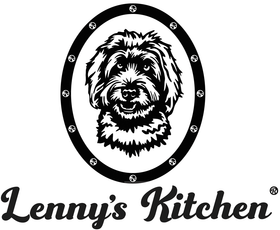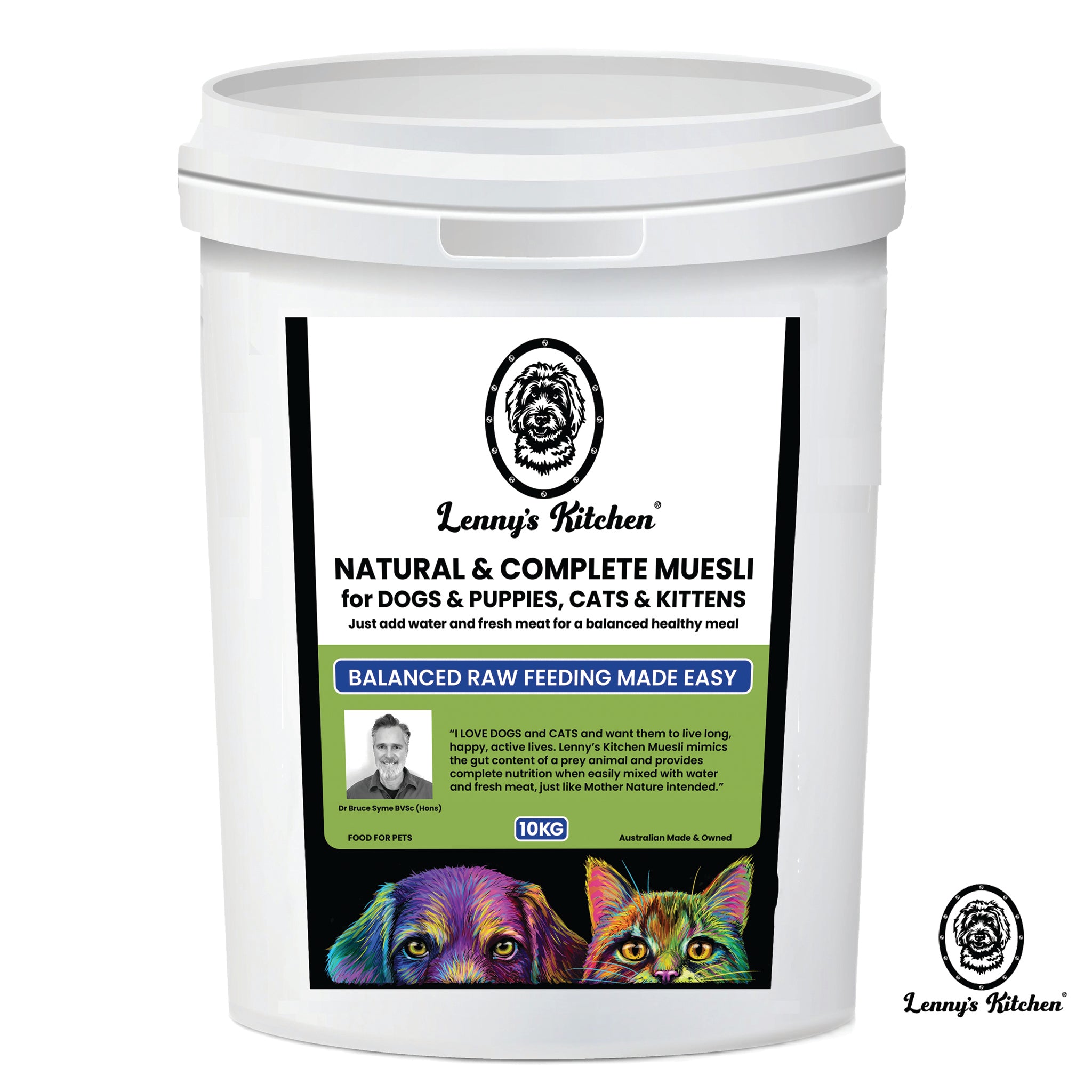Why your dog’s poo has a sprinkling of confetti!
Lenny’s Kitchen Muesli contains whole grain oats and sorghum seeds which are ingredients you are most likely to see in the poo. These ingredients will pass through a dog’s digestive tract and appear in the faeces intact, although their nutrient value has been absorbed in the gut. Our Muesli, prepared according to directions, will create good firm stools at the other end. The end result, pardon the pun, will be normal functioning anal glands.
Why add faecal bulk?
Anal gland impaction is caused by a lack of faecal bulk. Without correct faecal bulk, the anal sphincter muscle is not stretched, and the glands are not forced to empty. This lack of faecal bulk has been caused by two major changes to the average domestic dog’s lifestyle. Firstly, the confinement of modern dogs, to the average back yard, has significantly reduced the normal roaming and scavenging habits of dogs. A wild dog will eat an incredible range of indigestible material every day, including bark, wood, vegetation, clay and soil, feathers and fur, bones...etc. A vast amount of this material is passed by the dog in its daily faeces. The resultant faecal motions are large and firm, and cause full stretching of the anal sphincter, and complete anal gland emptying. The second major change to modern dog’s has been the introduction of commercial pet foods. These processed diets are extremely low in residual faecal bulk and consistency (most readers I am sure, can relate to a tin of food going in, and coming, out looking the same). In fact, many premium dog foods are designed specifically to reduce faecal volume…how convenient. But at what price?
It is precisely this lack of stool bulk, normally provided by a dog’s natural scavenging habits, and raw food diet, that is resulting in the anal gland epidemic faced in veterinary medicine today.
So, the simplest answer to correcting anal gland dysfunction is to replace faecal bulk. Raw bones provide an excellent natural source of faecal bulking. The digestion of raw bones produces those characteristic hard, “white” dogs poos you often see. If you feed bones every other day, your dogs are extremely unlikely to get anal gland problems.
Authors: Dr Bruce Syme BVSc (Hons) IVAS & Sue Smerdon, Founder, Lenny’s Kitchen



